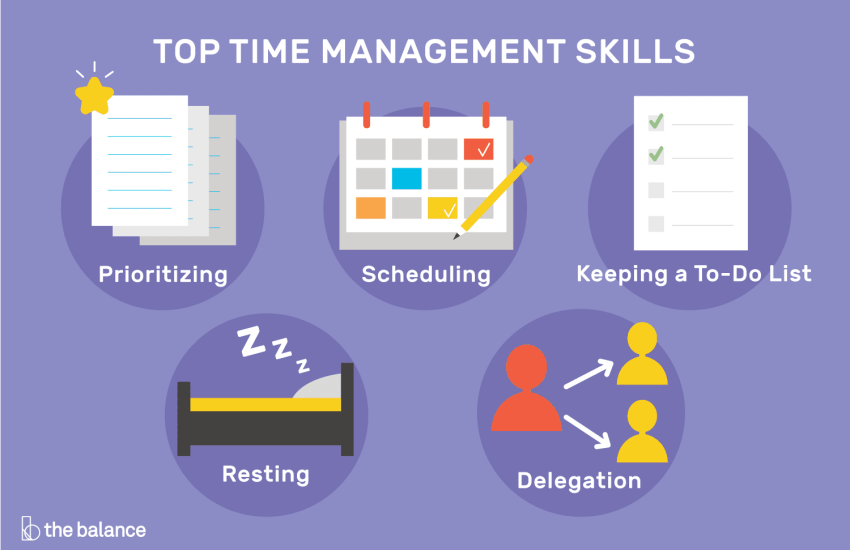How to Master Time Management in the Workplace
In today’s fast-paced and competitive work environment, mastering time management is crucial for success. Effective time management not only helps you meet deadlines and deliver high-quality work but also reduces stress and improves overall productivity. In this article, we will discuss some strategies to help you master time management in the workplace.
Set Clear Goals and Prioritize Tasks:
One of the first steps in effective time management is setting clear goals for yourself. Identify what needs to be accomplished and prioritize tasks based on their importance and deadlines. Create a to-do list or use a project management tool to keep track of tasks and ensure nothing falls through the cracks.
Create a Schedule and Stick to It:
Creating a schedule can help you allocate time for different tasks and avoid procrastination. Use a calendar or planner to block out time for important projects, meetings, and breaks. Stick to your schedule as much as possible to avoid last-minute rushes and missed deadlines.
Minimize Distractions:
In today’s digital age, distractions are everywhere, from social media notifications to emails and phone calls. To master time management, it’s important to minimize distractions as much as possible. Turn off notifications, set specific times for checking emails, and find a quiet workspace if needed to focus on your tasks.
Use Time Management Tools:
There are a variety of time management tools available that can help you stay organized and productive. From project management software to time tracking apps, find tools that work best for you and incorporate them into your daily routine. These tools can help you track your progress, set reminders, and stay on top of your tasks.
Practice the Pomodoro Technique:
The Pomodoro Technique is a popular time management method that involves working in short, focused bursts followed by short breaks. Set a timer for 25 minutes and focus on a single task during that time. After the timer goes off, take a 5-minute break before starting the next Pomodoro session. This technique can help you stay focused and productive throughout the day.
Delegate Tasks:
It’s important to recognize when you may be taking on too much and need to delegate tasks to others. Delegating can help you free up time for more important or urgent tasks while also empowering your team members. Identify tasks that can be outsourced or assigned to others and trust your colleagues to get the job done.
Reflect and Adjust:
Lastly, it’s important to regularly reflect on your time management practices and make adjustments as needed. Take time to review your progress, identify areas for improvement, and make changes to your schedule or workflow accordingly. By continuously evaluating and adjusting your approach to time management, you can continue to improve and master this essential skill.
Conclusion:
Mastering time management in the workplace is an ongoing process that requires focus, discipline, and organization. By setting clear goals, creating a schedule, minimizing distractions, using time management tools, and practicing effective techniques like the Pomodoro Technique, you can improve your productivity and overall success in the workplace. Remember to delegate tasks when needed, reflect on your practices, and make adjustments as necessary to continue honing your time management skills.


